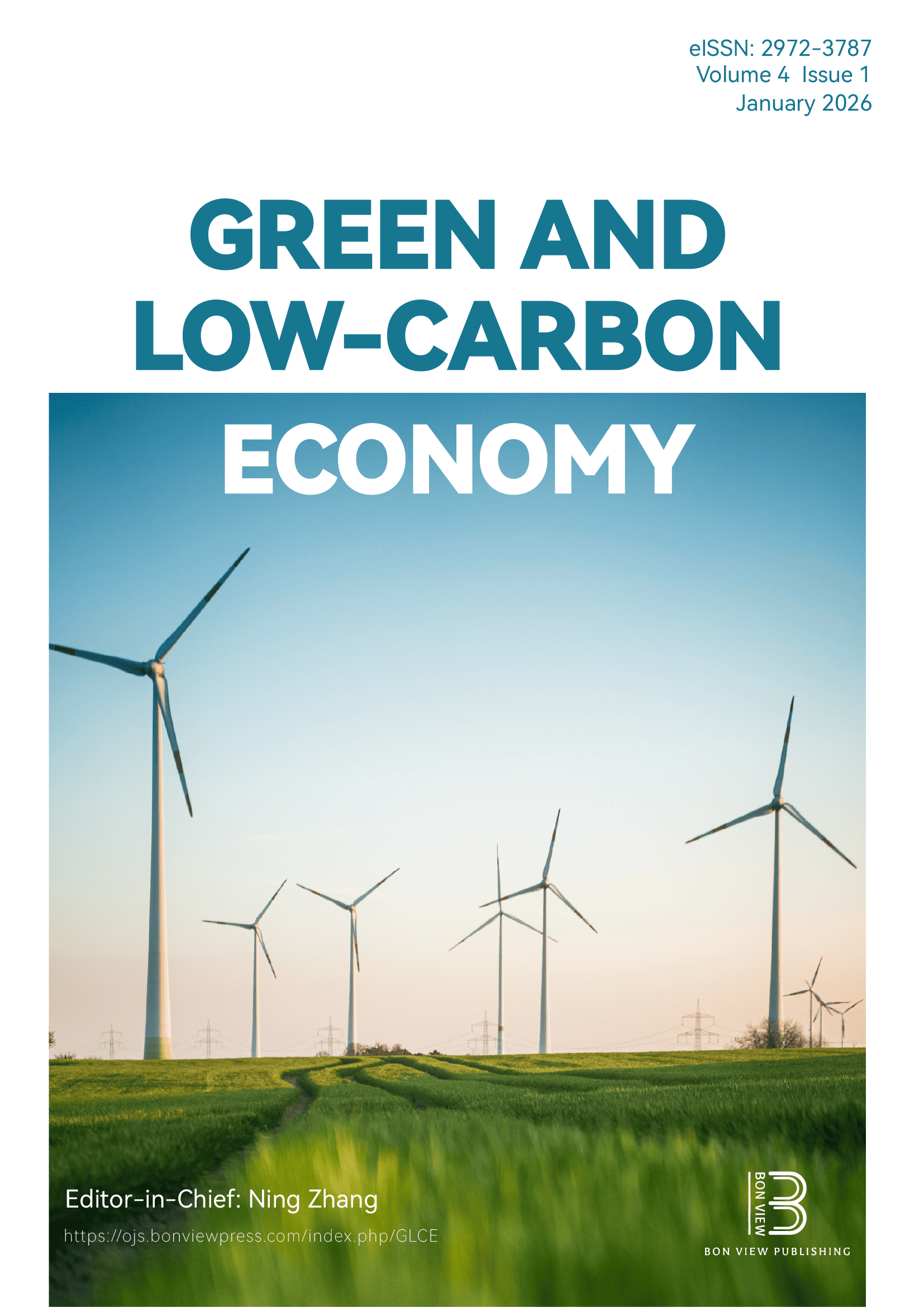Digitalization and Climate Change Adaptation in China
DOI:
https://doi.org/10.47852/bonviewGLCE32021306Keywords:
climate change adaptation, artificial intelligence, digital twins, data standards, data-sharing policyAbstract
The effects of climate change are increasingly transforming natural environments, threatening human living and socioeconomic developments. While mitigation action remains a priority, government efforts must also focus on helping people adapt to today’s climate impacts. Emerging digital technologies, which provide more efficient, rapid, and reliable risk monitoring and forecasting and enable better decision-making, can play a critical role to this end. This study develops policy recommendations for the utilization of digital tools to enhance climate change adaptation in China. This article first identifies China's primary climate change adaptation challenges, followed by an examination of successful digital solutions from countries outside of China. Successful application cases include using advanced machine learning models to develop more accurate rainfall predictions and applying digital twin systems to manage urban sewers in real time. These solutions are then evaluated in the Chinese context, leading to the formation of policy recommendations to advance similar initiatives.
Received: 30 June 2023 | Revised: 29 August 2023 | Accepted: 7 September 2023
Conflicts of Interest
Daoping Wang is an Editorial Board Member for Green and Low-Carbon Economy, and was not involved in the editorial review or the decision to publish this article. The author declares that he has no conflicts of interest to this work.
Data Availability Statement
Data are available on request from the corresponding author upon reasonable request.
Author Contribution Statement
Daoping Wang: Conceptualization, Methodology, Software, Validation, Formal analysis, Investigation, Resources, Data curation, Writing - original draft, Writing - review & editing, Visualization, Supervision, Project administration, Funding acquisition.
Downloads
Published
Issue
Section
License
Copyright (c) 2023 Author

This work is licensed under a Creative Commons Attribution 4.0 International License.


